This course provides a comprehensive introduction to computer graphics. It focuses on fundamental concepts and techniques, and their cross-cutting relationship to multiple problem domains in graphics (rendering, animation, geometry, imaging). Topics include: sampling, aliasing, interpolation, rasterization, geometric transformations, parameterization, visibility, compositing, filtering, convolution, curves & surfaces, geometric data structures, subdivision, meshing, spatial hierarchies, ray tracing, radiometry, reflectance, light fields, geometric optics, Monte Carlo rendering, importance sampling, camera models, high-performance ray tracing, differential equations, time integration, numerical differentiation, physically-based animation, optimization, numerical linear algebra, inverse kinematics, Fourier methods, data fitting, example-based synthesis
To get a sense of what you'll do in the class, check out some student creations from Fall 2020!
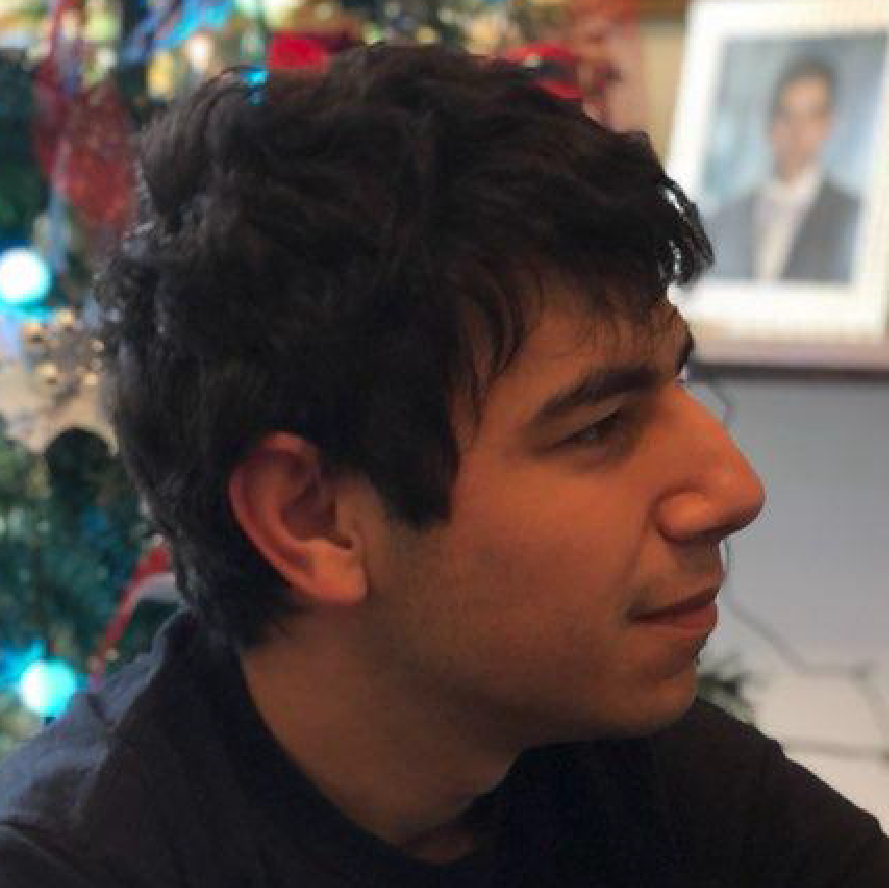


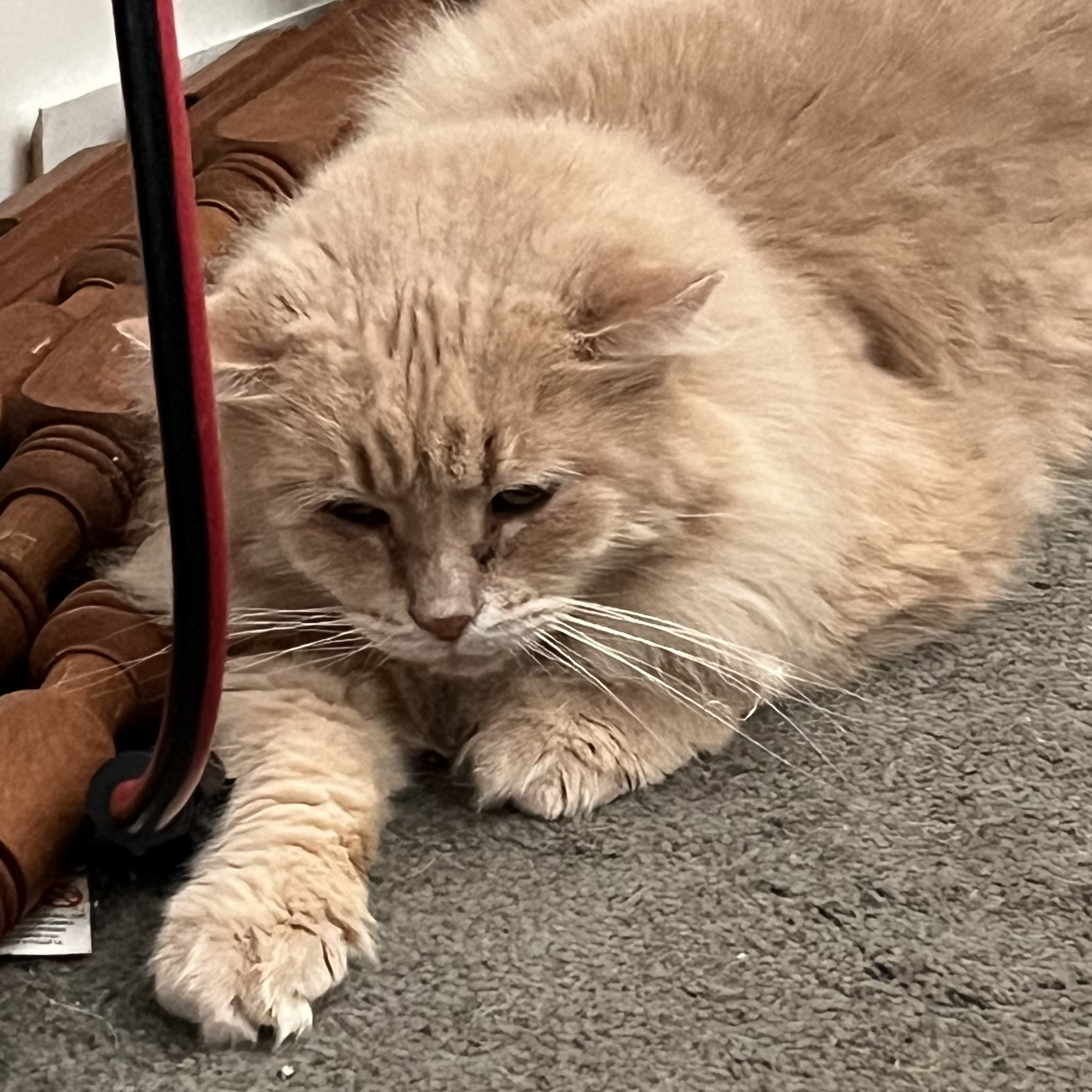
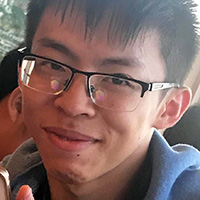
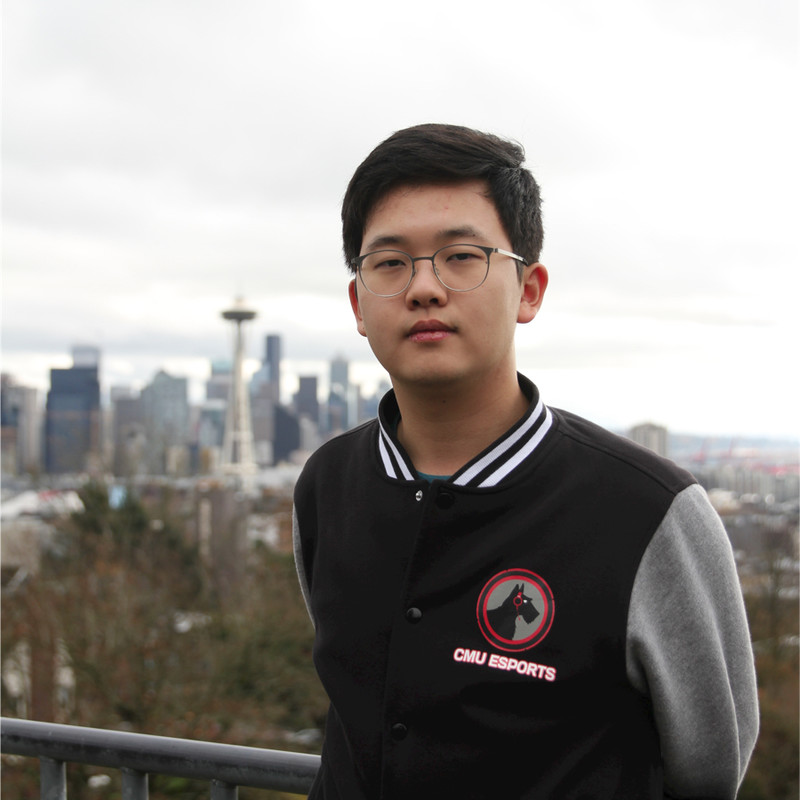

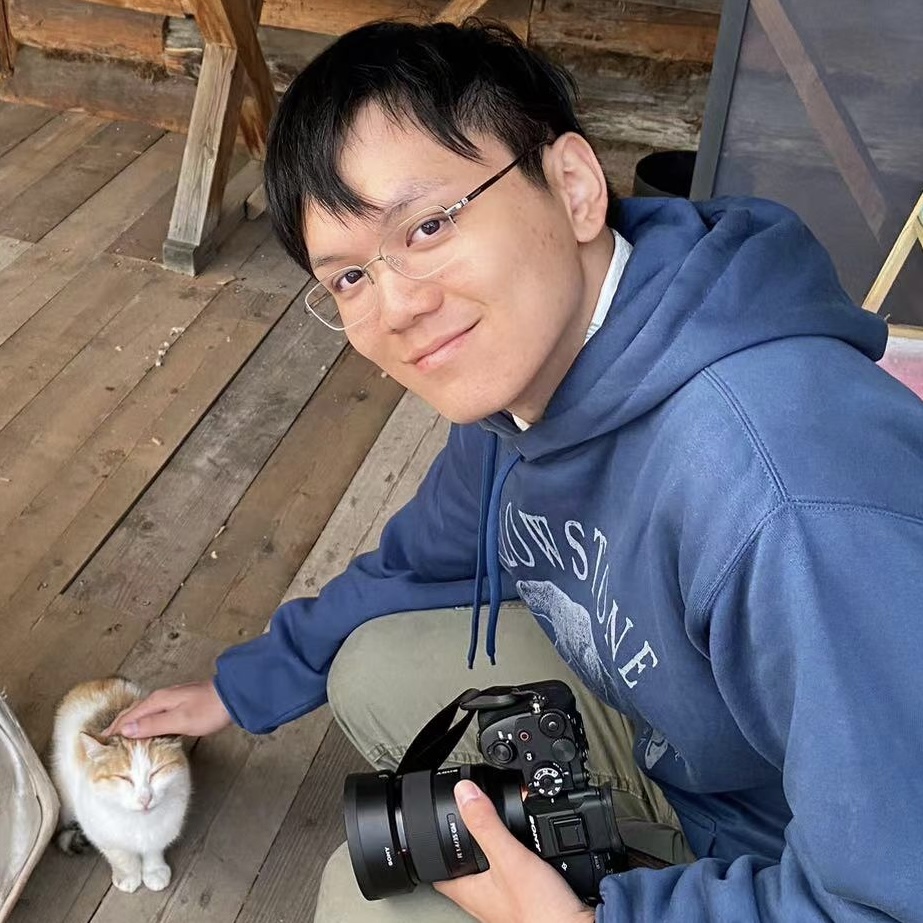

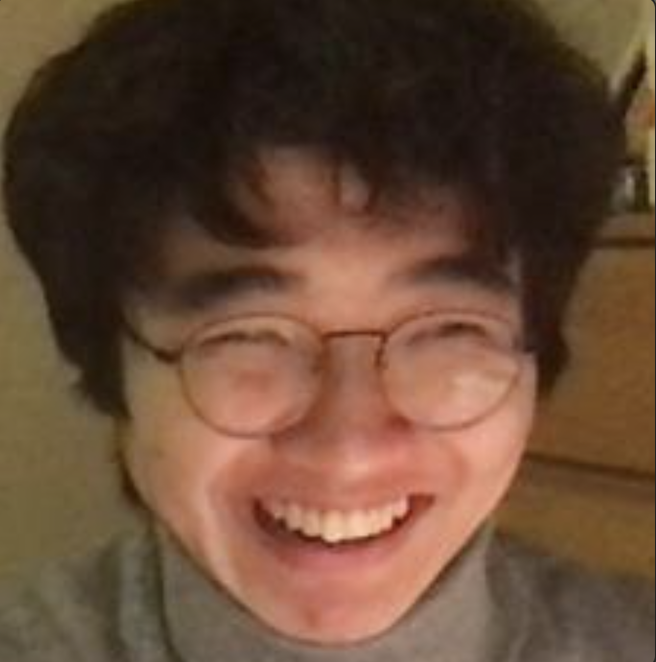
Course prerequisites are (15-213, 21-259, and 21-240) or (15-213, 21-259, and 21-241) or (18-213 and 18-202). Basic vector calculus and linear algebra will be an important component of this course. Previous exposure to basic C/C++ programming is very helpful as course programming assignments will involve significant implementation effort.
There is no required textbook for 15-462, though a variety of books may provide good supplementary material:
We will be using Piazza for announcements. The 15-462/662 Piazza page is here.
(15%) Written/Warmup Assignments (Assignment 0.0/0.5 and MiniHomeworks). About once per week, you will be assigned a short ''mini homework'' assignment (just a few questions) that reinforces the most essential concepts. At the beginning of the semester, you will also complete warmup exercises (Assignments 0.0 and 0.5) reviewing linear algebra and vector calculus as well as some programming fundamentals. Assignments 0.0 and 0.5 can be submitted through Autolab. All mini homework written homework can be submitted via GradeScope. To mitigate potential absences (sick days, etc.), students can omit up to two mini homeworks without penalty. Students are encouraged to discuss concepts with their peers, on Piazza, and/or in office hours. Final homework answers must be written independently and individually for Assignments 0.0 and 0.5. Mini homeworks can be done in groups of up to three students if desired.
(60%) Programming Assignments. Students will complete four programming assignments; each assignment will be worth 25% of the programming component of the course, or 15% of the overall course grade. All assignments will be done individually.
(20%) Midterm / Final. There will be a midterm and a final, each worth 10% of the overall course grade. Both exams will cover the cumulative material seen in the course so far.
(5%) Class Participation. Each lecture will have a poll during the lecture where you will work with people near you to solve questions related to the current lecture. Polls are graded based on completion, not correctness.
Late hand-in policy. Each student is allotted a total of five late-day points for the semester. Late-day points are meant for A1.0, A1.5, A2.0, A2.5, A3.0, A3.5, and A4.0. They may not be used for A4.5. You are not allowed to use late day points for A0.0 and A0.5. Get those in on time!
- A student can extend a programming assignment deadline by one day using one point.
- If a student does not have remaining late day points, late hand-ins will incur a 10% penalty per day (10% of max points on the assignment). If a penalty of 10% is trigged during a checkpoint, then it only applies to the tasks for the checkpoint. The penalty for final assignments only applies to problems not in the checkpoint.
- Late-day points get used up for each checkpoint. So for instance, even if you already used one late point for A2.0, you would still have to use another late point if you wanted to turn in A2.5 a day late.
- No assignments will be accepted more than three days after the deadline. This is true whether or not the student has late-day points remaining.
- You may not use late days past the last day of the semester (i.e., the last day of the week before finals week).
- Late-day points are also meant to help cover incidents like sick days, interviews, family emergencies, etc. You do not need to ask special permission to use late-day points, nor will we allocate additional late-day points due to such events. For instance, we won't give you extra late days just because you have a bunch of interviews. Please plan accordingly. The whole point of this ''no questions asked'' mechanism is to streamline the process for everyone.
The dates on the front page are the official due dates. If you find conflicting information elsewhere (e.g., on Piazza, in-class, talking to a TA...), you should always assume that the assignment is actually due on the date stated on the front page of the course web site. (But please let us know if something seems totally wrong! ;-))
Students in 15-462 are absolutely encouraged to talk to each other, to the TAs, to the instructors, or to anyone else about course assignments. Any assistance, though, must be limited to discussion of the problems and sketching general approaches to a solution. Each student should write their own code and produce their own writeup. Consulting another student's solution is prohibited and submitted solutions may not be copied from any source. These and any other form of collaboration on assignments constitute cheating. If you have any question about whether some activity would constitute cheating, just be cautious and ask the instructors before proceeding!
If you are caught cheating, you will get a zero for the entire course (not just the assignment). Also, if two identical assignments are handed in, both students will be accountable for cheating (no questions asked). So please be careful to ensure that nobody is copying your work!
You may not supply code, assignment writeups, or exams you complete during 15-462/662 to other students in future instances of this course or make these items available (e.g., on the web) for use in future instances of this course (just as you may not use work completed by students who've taken the course previously). Make sure to make repositories private if you use public source control hosts like github.